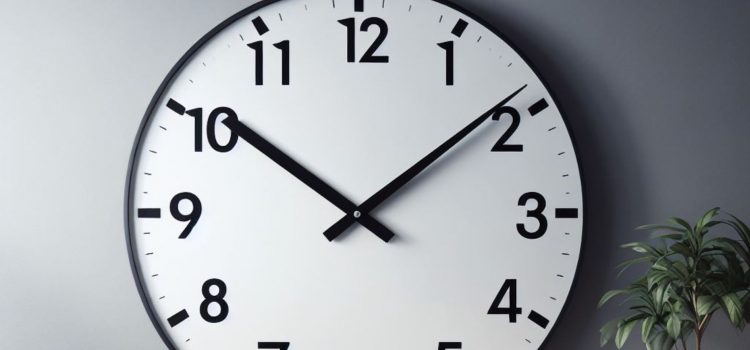What is true happiness? How do you find pleasure and meaning in your life? Many of us make the mistake of thinking that happiness is life’s end goal. According to Tal Ben-Shahar, happiness isn’t a final destination, but rather an ongoing journey to find a balance of pleasure and meaning. Continue reading to learn why it’s hard to achieve Ben-Shahar’s version of happiness.
Tal Ben-Shahar: Happiness’s True Meaning & the Archetypes










